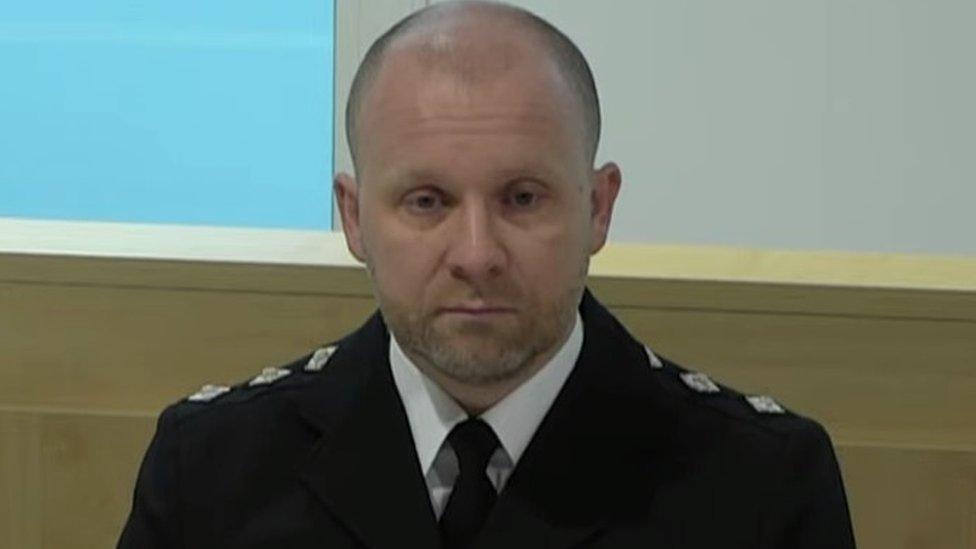Manchester Arena Inquiry: First aiders 'not appropriately qualified'
- Published
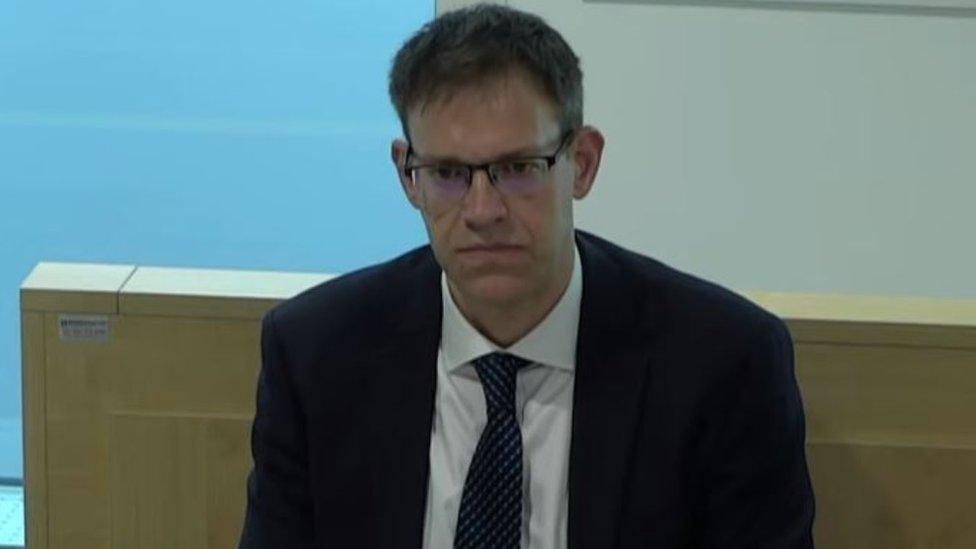
Arena general manager James Allen said first aid staff had a "really good mix of skills"
Many of the first aiders working on the night of the Manchester Arena bombing did not have the appropriate qualifications, an inquiry has heard.
Emergency Training UK (ETUK) had been contracted to provide medical services at the time for arena operator SMG.
Since hearing the evidence during the inquiry into the attack, arena general manager James Allen said he now had concerns over the level of training.
Twenty-two people were killed and hundreds injured in the attack in 2017.
The men, women and children died when Salman Abedi detonated an explosive in the City Room foyer as crowds left an Ariana Grande concert on 22 May.
The inquiry has previously heard only one paramedic entered the scene of the attack in the first 40 minutes after the bomb went off.
He was then joined by two colleagues from North West Ambulance Service while the fire service did not attend until two hours later.
SMG had requested two emergency medical technicians - one with major incident training - and 12 first aiders for the concert, the inquiry heard.

Twenty-two people died in the attack on 22 May 2017
Mr Allen told the inquiry he thought ETUK did a "fantastic job on the night given the circumstances", in the assumption that support would come "within 15/20 minutes".
But he agreed it was "unfortunate" that some of the first aiders did not have the relevant qualifications.
He said names of those on duty were provided but not the details of their level of training, qualifications and experience as required in pre-event checks.
Paul Greaney QC, counsel to the inquiry, asked: "Given what you know now, do you have any concerns about the level of training and qualifications for any of those who worked for ETUK that night?"
Mr Allen replied: "I believe that they had a really good mix of skills. Having heard some of the evidence I am concerned that some of them weren't to the level that we had prescribed in the contract we had offered to them."
Mr Greaney said he believed the evidence would reveal "many of those first aiders did not have the qualifications they ought to have".
The inquiry heard SMG's medical services contract was up for tender in 2007 but ETUK retained it despite a number of previous concerns including "slow payments" to employees.
Mr Allen denied money was the motivating factor in the contract decision.
The hearing was told SMG had recently engaged a new medical services provider for all its UK venues including Manchester Arena.
The new agreement required first aiders to be trained at FREC (First Response Emergency Care) Level 3 before they could work at any SMG venue in the country, Mr Allen said.
The inquiry continues.

Why not follow BBC North West on Facebook, external, Twitter, external and Instagram, external? You can also send story ideas to northwest.newsonline@bbc.co.uk
Related topics
- Published19 April 2021
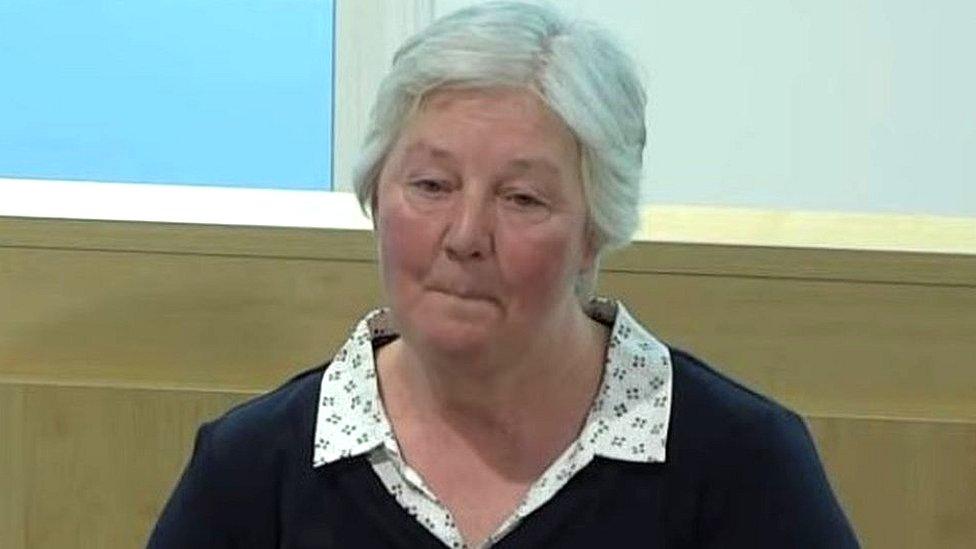
- Published15 April 2021
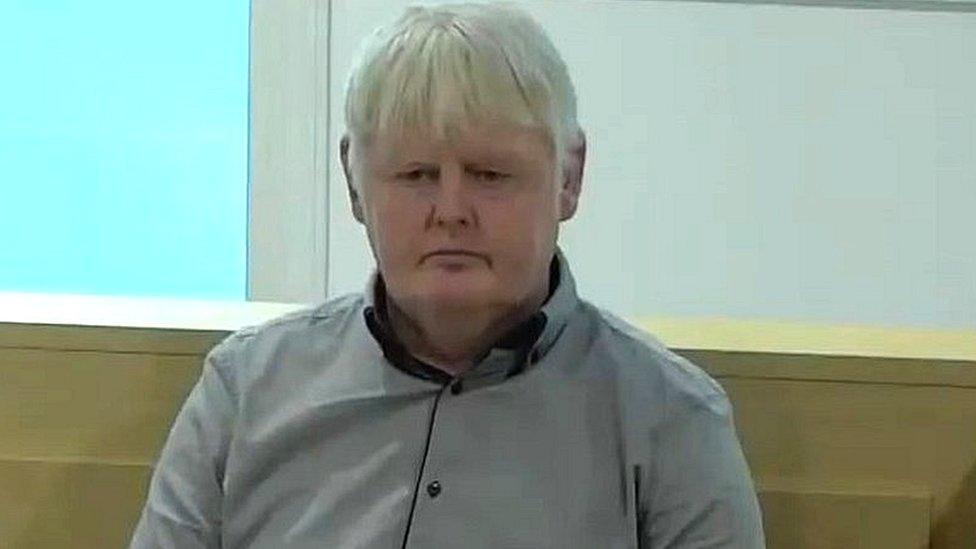
- Published14 April 2021
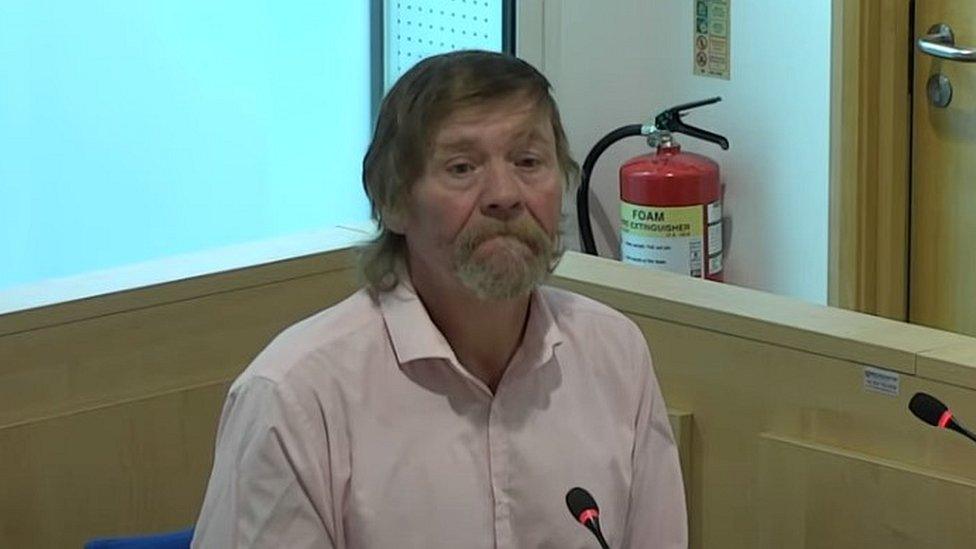
- Published8 October 2020
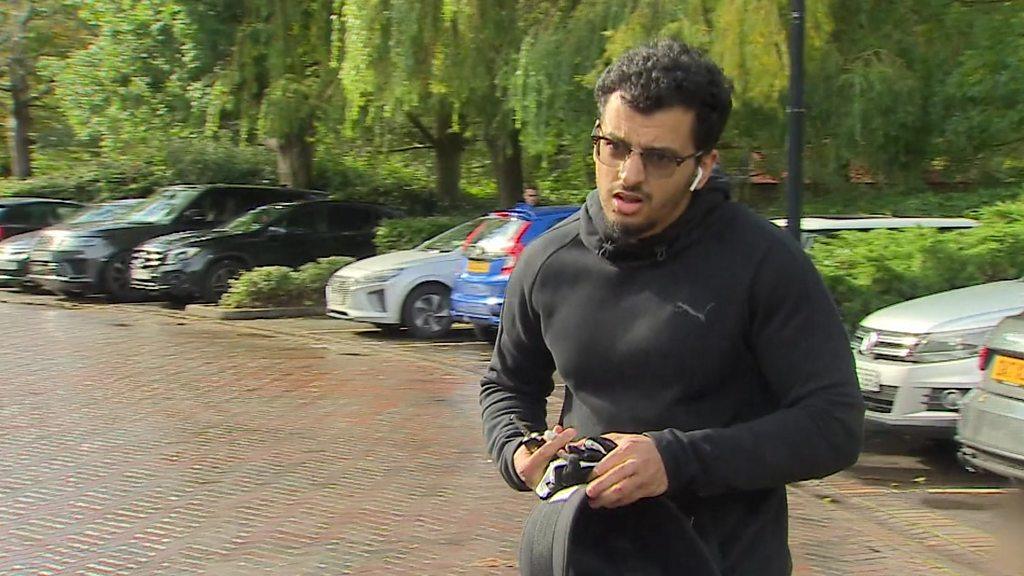
- Published13 April 2021

- Published12 April 2021

- Published30 March 2021
